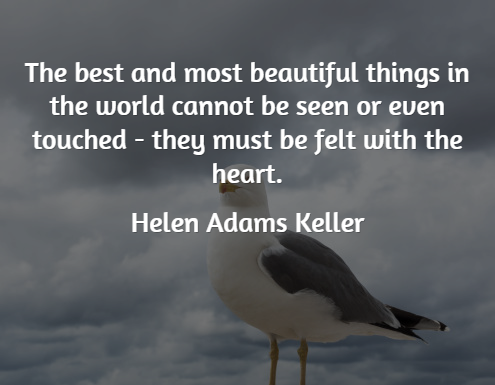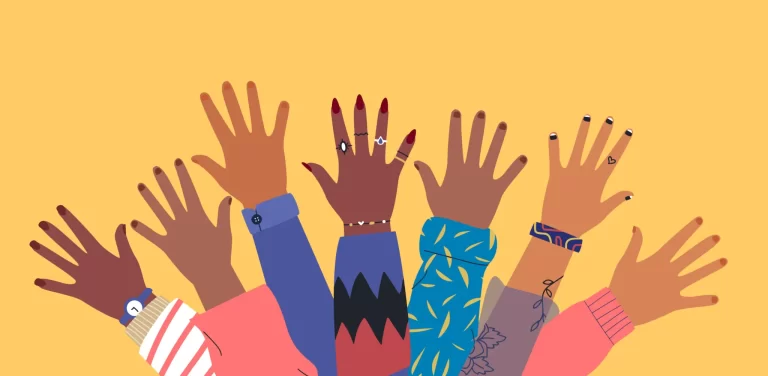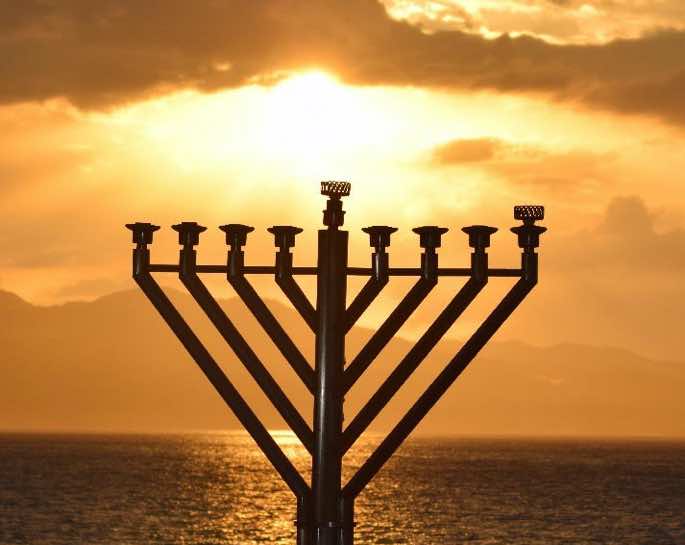In the Loop
Passover, or Pesach, is a major Jewish festival commemorating the liberation of the Israelites from Egyptian slavery. It is held in early spring and lasts eight days. The Bible reports Moses beseeching the Pharaoh of Egypt to free his people from bondage, but the monarch refused. So, God placed ten plagues on Egypt that included turning water to blood, an influx of millions of frogs, gnats, flies, boils and disease. After each plague, Moses returned to the Pharaoh’s thrown room to ask for his people’s freedom, and after each request, the Pharaoh refused.

For me, Passover is a time for family, sitting around the Seder table, swapping stories, telling jokes, and just being with mishpochah (family). Listening to Uncle Charlie’s jokes as a child was a high point of the evening. And as an adult I made sure my daughters had a fun Seder experience.
Everything changed after a severe hearing loss left me deafened during my 40s. Since then I’ve sat at the Passover table searching for meaning on the lips of my family. Jokes and stories are still told, but deafness threw me out of the loop.
Last week I was invited to breakfast with a dozen Deaf men sitting in the back room of a popular Encino restaurant. While my hearing aids were overwhelmed by noise in the front of the establishment, the rear was peacefully quiet. Twelve men chatted amiably with their hands. I snooped in on a few conversations. One man told about his son going to college, another spoke about his concerns regarding the coronavirus, while a third was signing about some restaurant in Pasadena. When the guys wanted to know more about me, I understood them and got to know the three men at my table.
This is not possible at family events, like the yearly Seder. My youngest daughter, Koren, took ASL in high school, so she tries to fill me in, but the information is sporadic. She has her own son and husband now and doesn’t need her father’s deafness to hold her hostage during the Passover event. So, I sit, read the Haggadah, the prayer book that tells the story of Passover, and work hard on maintaining a positive attitude as I sit amongst twenty some odd hearing people singing songs, laughing, and enjoying each other’s company, while I understand zilch.

It wasn’t always like that. My wife, Jila, had excellent lip-reading skills in Farsi and English. No matter which Seder we attended—the first with my family and the second with hers—she kept me in the loop letting me know what was happening. Plus, we had each other.
Jila’s death left me isolated at the Seder table, so when I learned about the second Seder celebrated by Temple Beth Solomon of the Deaf, I decided to attend. What a difference between the two Seders. While understanding nothing at the first Seder, during the second Passover celebration I could follow a conversation and understand what people were signing to me.
When I had my first hearing loss, the ENT specialist said, “You’ll probably be deaf one day. Prepare for it.” I took ASL classes at Pierce College, and I’m glad I did. Now, during one Seder this Pesach, I’ll be in the loop.
Sadly this year Temple Beth Solomon Community Seder had to be cancelled due to the Corona Virus. The leadership thought it better to be safe and follow the guidelines of the experts. This is the first time in TBS’ history that they won’t have a community seder, but they pray for a swift end to the epidemic and “Next Year in Jerusalem”.






It’s a good thing that Temple Beth Solomon of the Deaf exists,